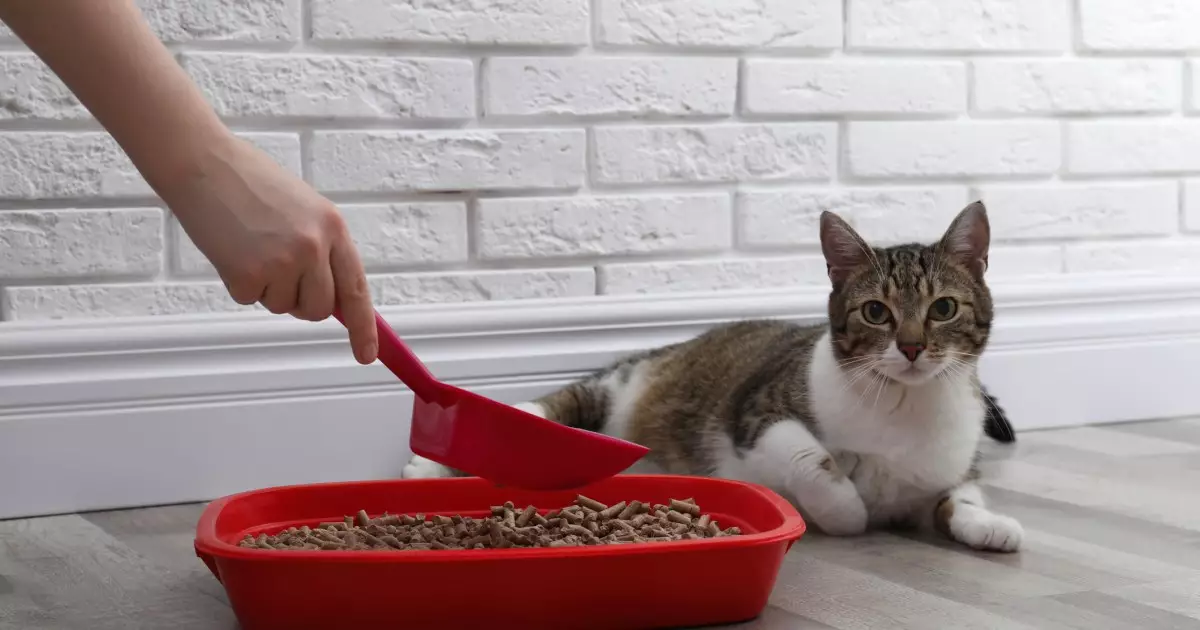Having a cat can be a rewarding experience, filled with affection and companionship. However, one of the less glamorous aspects of cat ownership is maintaining their litter box—not exactly the highlight of the relationship. When presented with the task of cleaning, pet owners might wonder why their feline friends seem indifferent to what they put themselves through. If only cats could articulate their thoughts, there would certainly be plenty of questions about this essential chore. Let’s delve into their perspectives on litter box cleaning, revealing insights that may surprise pet owners.
Cats instinctively bury their waste, but this behavior is much more profound than mere cleanliness. In the wild, a cat’s bathroom habits can be linked directly to survival instincts. By burying their feces, they mask their scent, avoiding detection by larger predatory animals. This instinct persists even in domesticated cats, who might not face the same dangers that their ancestors did, but nonetheless hold on to their instinctive need for safety. When owners clean the litter box, the removal of waste can bewilder cats, as they’ve been conditioned to believe that waste should be concealed. This contradiction between their natural behavior and the human inclination to maintain cleanliness can create a unique tension.
Territorial behavior in cats can significantly influence their litter box usage. Cats display dominance through scent marking; eliminating waste in an unclean box can signal their territory to others. Consequently, when a cat encounters a freshly cleaned litter box, it’s not just a simple matter of wanting a tidy space. A dominant cat may feel compelled to re-establish its territorial claim, effectively using fresh litter as a canvas for marking. Cats that are less assertive may exhibit confusion when their box is cleaned or moved. The placement and cleanliness of a litter box play a crucial role in how a cat perceives its territory, and a sudden change can lead to accidents outside the box.
Cleanliness Preferences
Cats are creatures of habit and preference, and their aversion to using a dirty litter box is well-documented. When a litter box is not cleaned regularly, a cat may decide to eliminate just outside of it rather than stepping into a soiled space. This behavior is often misinterpreted by owners as a sign of defiance or retribution, but in truth, it reflects their innate desire for cleanliness. By maintaining a strict cleaning routine, cat owners can create an inviting environment that encourages their feline friends to use the box properly. It’s crucial to scoop the litter daily; for multi-cat households, it’s advisable to have more than one box to accommodate their preferences.
Another vital aspect of litter box management is the type of litter used. Cats can be noticeably finicky about litter textures and scents, making the switch to new products a potentially disastrous endeavor if not done carefully. A sudden switch can lead to fear and confusion, pushing cats to reject the new litter altogether—a scenario few pet owners desire. The best practice is to gradually introduce any changes to the litter, mixing old litter with the new to allow for a slow adaptation. This method minimizes the risk of accidents and assures that your cat remains comfortable in their bathroom habits.
The location and privacy of the litter box can have substantial impacts on feline behavior. Cats need a quiet and secluded area where they can eliminate without interruption. A well-placed litter box can significantly enhance a cat’s willingness to use it, while poor placement can deter them altogether. If relocating a litter box is necessary, it should be done gradually, moving it a few inches at a time to help your cat adjust without distress.
Ultimately, cleaning a cat’s litter box is a necessary task for any cat owner. However, understanding the underlying motivations and instincts related to litter box behavior can deepen the relationship between a pet and its owner. By respecting your cat’s innate habits and preferences, it’s possible to create an environment that encourages healthy litter box habits, ensuring a harmonious home for both cats and their human companions.
